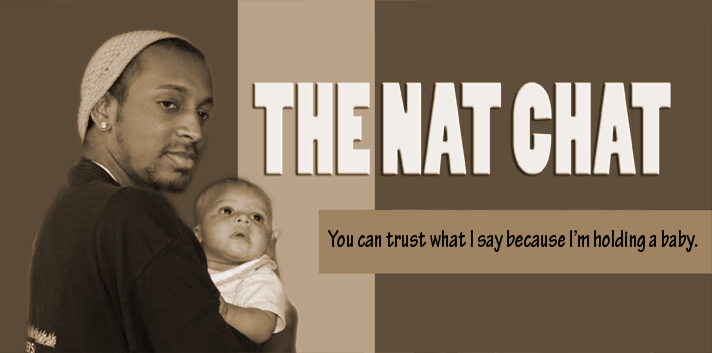
I was thinking a little about Plato's "Allegory of the Cave." If you're unfamiliar with it, it describes a situation where a group of prisoners are shackled and chained in a cave since birth. They know nothing of the outside world, and only of life inside the cave. They're aware of each other and shadows that are cast on the cave walls by their captors standing behind them holding figurines in front of a fire (see above image). Plato suggests that, since the shadows are all the prisoners know, they would believe them to be real things, rather than mere reflections of reality. And their society would likely be based around the shadows on the wall. For example, one's wisdom or understanding of the world might be determined by one's ability to predict which shadow would come next.
Have I lost you? I hope not, because here's where it gets interesting.
Plato (through Socrates) asks, what would happen if one of the prisoners were to get free and become aware of the fire and the people casting shadows? And what if he made his way outside the cave and learned of the rest of the world, and the sun? Would the prisoner not consider his previous existence inside the cave to be small, primitive, and based on an inaccurate view of the world? Might he want to share his new found truths with the other prisoners? And would they likely reject him for his "crazy talk" and for challenging their reality?
I present this scenario to ask, where do you stand? Which is better? Would you rather live in the bliss of ignorance or the enlightenment of truth and reality? If you say the first, then....well....carry on with your life. There is no need to read the rest of this post. But, if you say the second, which I believe most of you will, how prepared are you to ACTUALLY hear your reality and beliefs challenged? We all say we want to know the truth about ourselves and the world, but most of us are highly resistant when we hear commentary that contradicts what we believe or want to believe. It's what keeps us blissfully ignorant, even if that's technically not what we want.
But shouldn't we, at the very least, strive to know ourselves as individuals? And how then do we go about doing that? Our understanding of ourselves can not simply be achieved within the "cave" of our own minds. Sometimes it takes outside sources, especially people who are close to us and care about us, to help us obtain clarity about ourselves. If we fear input and reject feedback from others, we can never really grow or mature. We remain shackled in set perspectives and hold ourselves back from real progress and betterment. Our own stubbornness, denial, and fear can keep us believing in the false realities of our own shadows, and prevent us from ever benefiting from the light of truth.



No comments:
Post a Comment